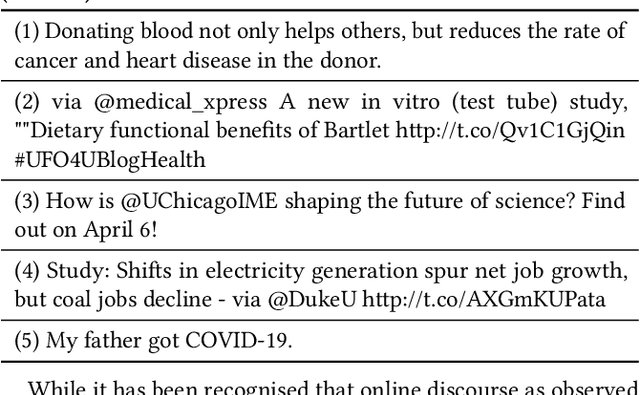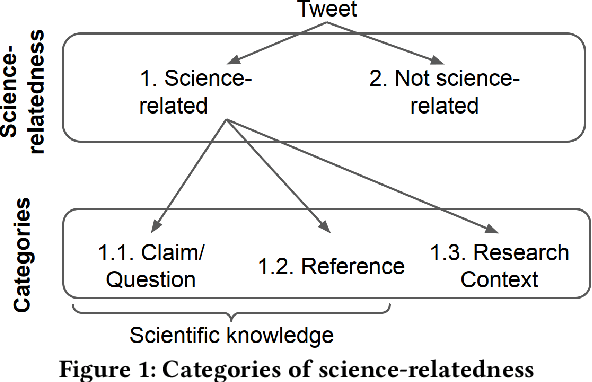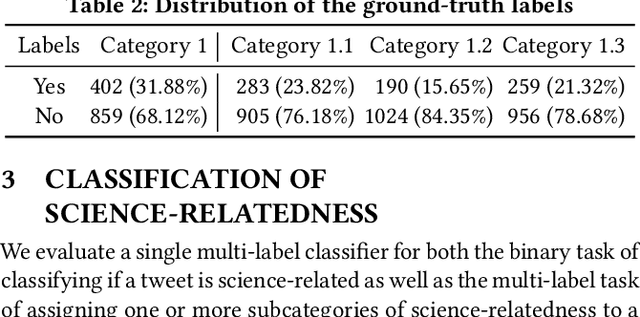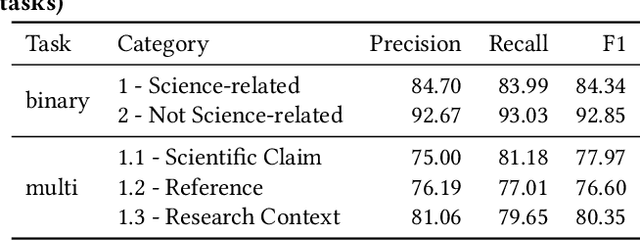Salim Hafid
The CLEF-2025 CheckThat! Lab: Subjectivity, Fact-Checking, Claim Normalization, and Retrieval
Mar 19, 2025Abstract:The CheckThat! lab aims to advance the development of innovative technologies designed to identify and counteract online disinformation and manipulation efforts across various languages and platforms. The first five editions focused on key tasks in the information verification pipeline, including check-worthiness, evidence retrieval and pairing, and verification. Since the 2023 edition, the lab has expanded its scope to address auxiliary tasks that support research and decision-making in verification. In the 2025 edition, the lab revisits core verification tasks while also considering auxiliary challenges. Task 1 focuses on the identification of subjectivity (a follow-up from CheckThat! 2024), Task 2 addresses claim normalization, Task 3 targets fact-checking numerical claims, and Task 4 explores scientific web discourse processing. These tasks present challenging classification and retrieval problems at both the document and span levels, including multilingual settings.
SciTweets -- A Dataset and Annotation Framework for Detecting Scientific Online Discourse
Jun 15, 2022



Abstract:Scientific topics, claims and resources are increasingly debated as part of online discourse, where prominent examples include discourse related to COVID-19 or climate change. This has led to both significant societal impact and increased interest in scientific online discourse from various disciplines. For instance, communication studies aim at a deeper understanding of biases, quality or spreading pattern of scientific information whereas computational methods have been proposed to extract, classify or verify scientific claims using NLP and IR techniques. However, research across disciplines currently suffers from both a lack of robust definitions of the various forms of science-relatedness as well as appropriate ground truth data for distinguishing them. In this work, we contribute (a) an annotation framework and corresponding definitions for different forms of scientific relatedness of online discourse in Tweets, (b) an expert-annotated dataset of 1261 tweets obtained through our labeling framework reaching an average Fleiss Kappa $\kappa$ of 0.63, (c) a multi-label classifier trained on our data able to detect science-relatedness with 89% F1 and also able to detect distinct forms of scientific knowledge (claims, references). With this work we aim to lay the foundation for developing and evaluating robust methods for analysing science as part of large-scale online discourse.
 Add to Chrome
Add to Chrome Add to Firefox
Add to Firefox Add to Edge
Add to Edge